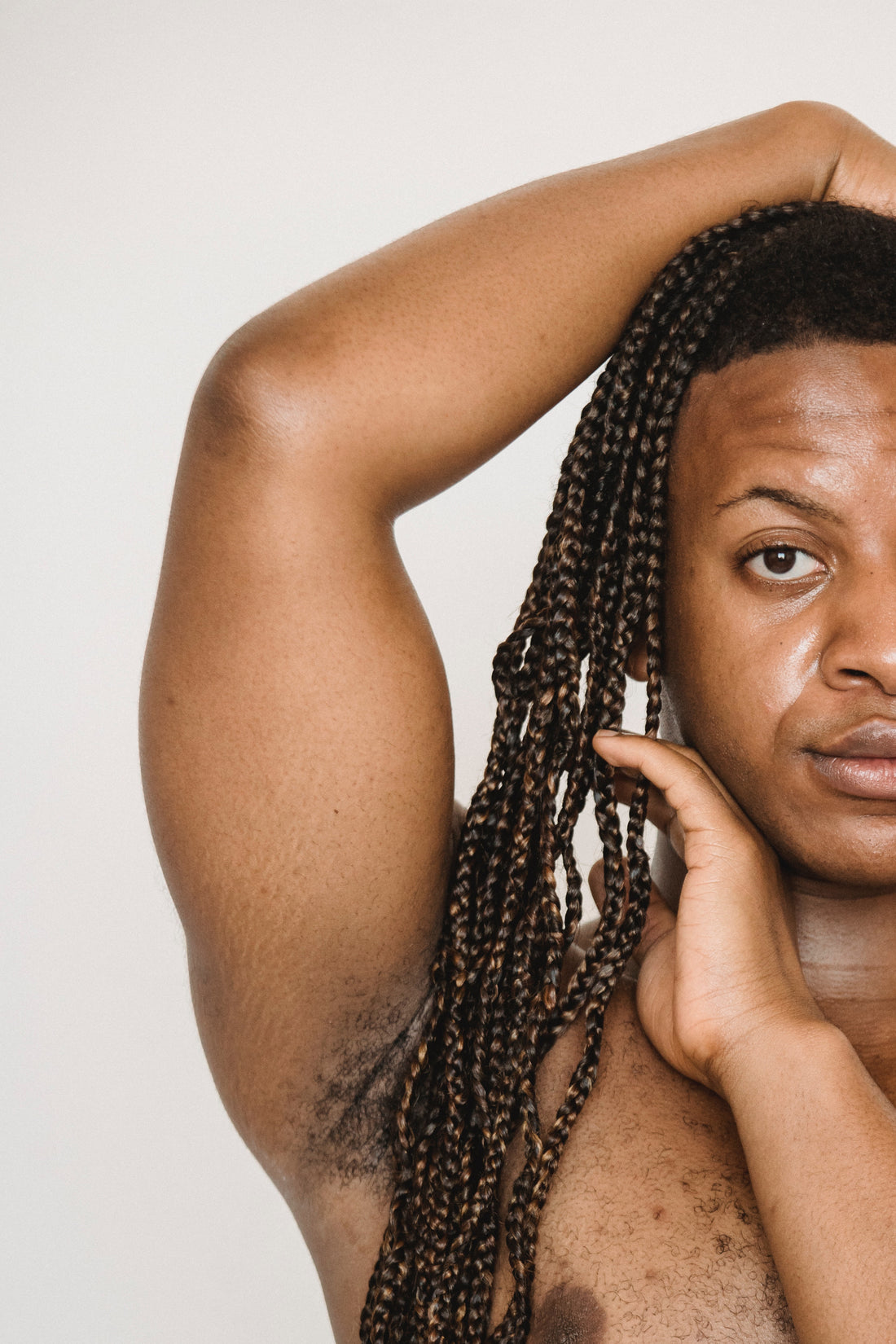
How to properly address non-binary people? - DYKKA.com
Share
Non-binary people make up one percent of the planet, at least according to a 2021 Ipsos survey . This means that one in every hundred people on Earth does not consider themselves (purely) female or male.
Do you think that's a small number? When we realize that there are between one and two percent of redheads on this planet , we probably think: "Well, what if I meet non-binary people, but I don't know about it ? How am I supposed to talk to them or about them if no one has ever taught me how to do it ?"
Don't worry. It's actually simple:
- We respect how a non-binary person wants to be addressed.
Nonbinary people are different. Some don't feel like a woman or a man, some just a little, some have no gender at all, and some alternate between genders. Likewise, different nonbinary people use different grammatical genders .

It's perfectly fine for a non-binary person to use the masculine gender, just as it's perfectly fine for them to use the neuter gender or whatever. The important thing is that they agree to it.
There are non-binary people who use one identity at work and another in front of their loved ones, for example. If we know that the person in question is not outed to others (i.e., that their non-binary identity is not publicly known), we respect that and talk about them differently in front of different people.
Does it seem complicated? In reality, it's not that bad, because even cisgender people (i.e. people who identify with the gender they were assigned at birth) are spoken about differently in different situations : Someone has a nickname in their family, but no one at school knows it, and they use a different one on the internet...
This is also related to the fact that a non-binary person may introduce themselves by a name that is not on their ID card . If this is the case, we address them as they introduce themselves to us .
- We use the same noun and the same grammatical gender for the time before coming out (unless the non-binary person wishes otherwise).
Few non-binary people are considered non-binary at birth, as most countries in the world only recognize male and female genders. However, this does not mean that the non-binary person was not non-binary before coming out.

Unless the non-binary person wishes otherwise, we refer to them in the same gender and use the same name they use now , even when we are talking about them when they were a baby. This is more practical because not everyone knows what the person's name was before, and not everyone wants others to know their past.
- When we make a mistake, we apologize and don't make a big deal out of it.
Sometimes we just slip up and use the wrong gender or the wrong noun. When that happens, it's best to apologize briefly and let it go .
It's exactly the same as if we were mistaken for a person who is not non-binary. It doesn't have to mean anything bad, so there's no need to make a science out of it and make elaborate apologies.
But it can also happen to us that sometimes a non-binary person himself mispronounces himself in front of us. This happens especially at the beginning of the transition, when a person who was used to using one name his entire life, suddenly has to get used to a completely different one. But this does not mean that it is OK to address him by his previous name. Again, we address him as he wishes.
